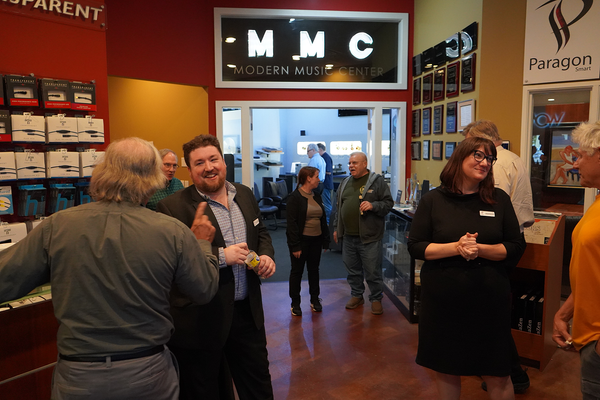


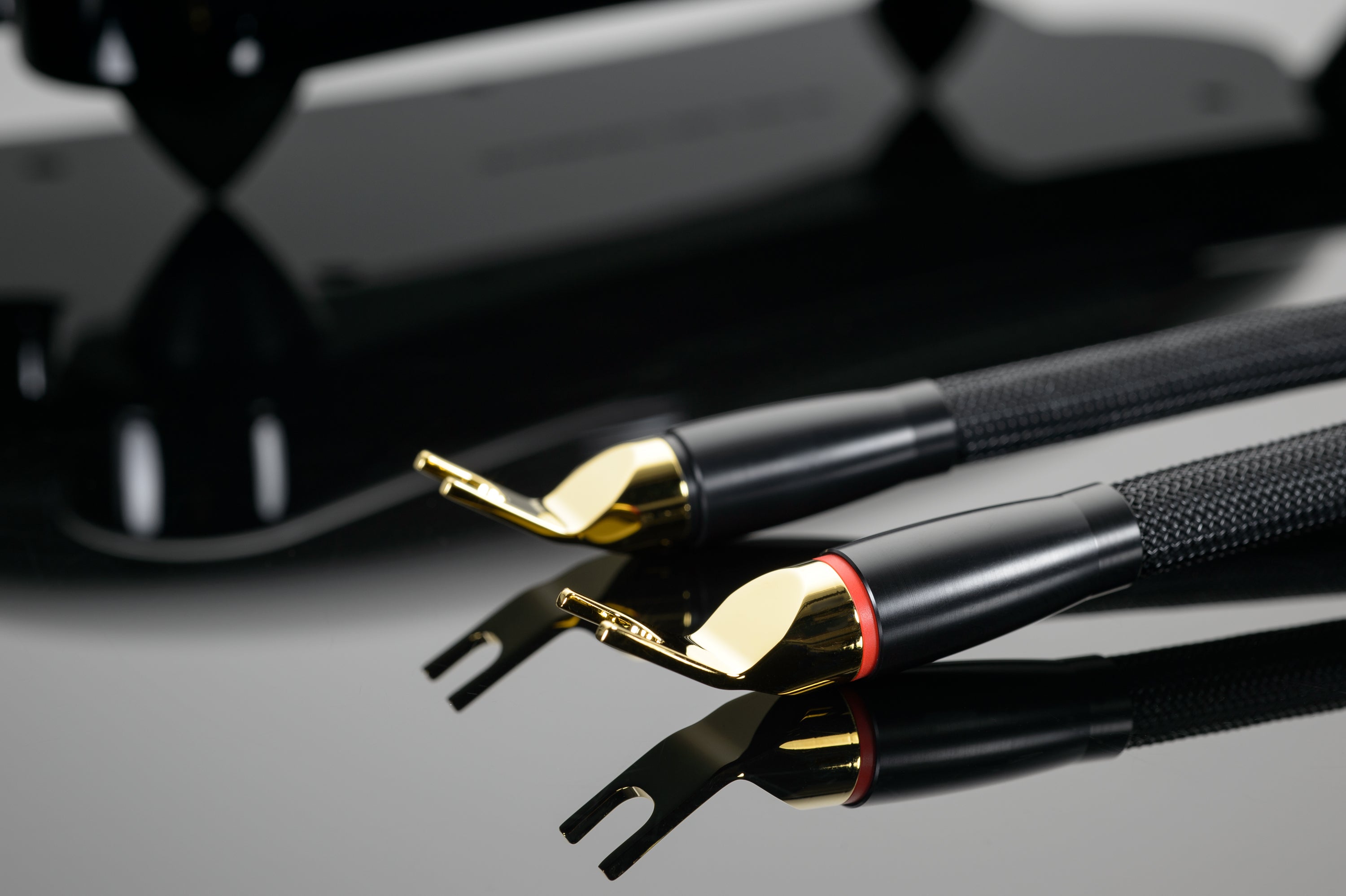
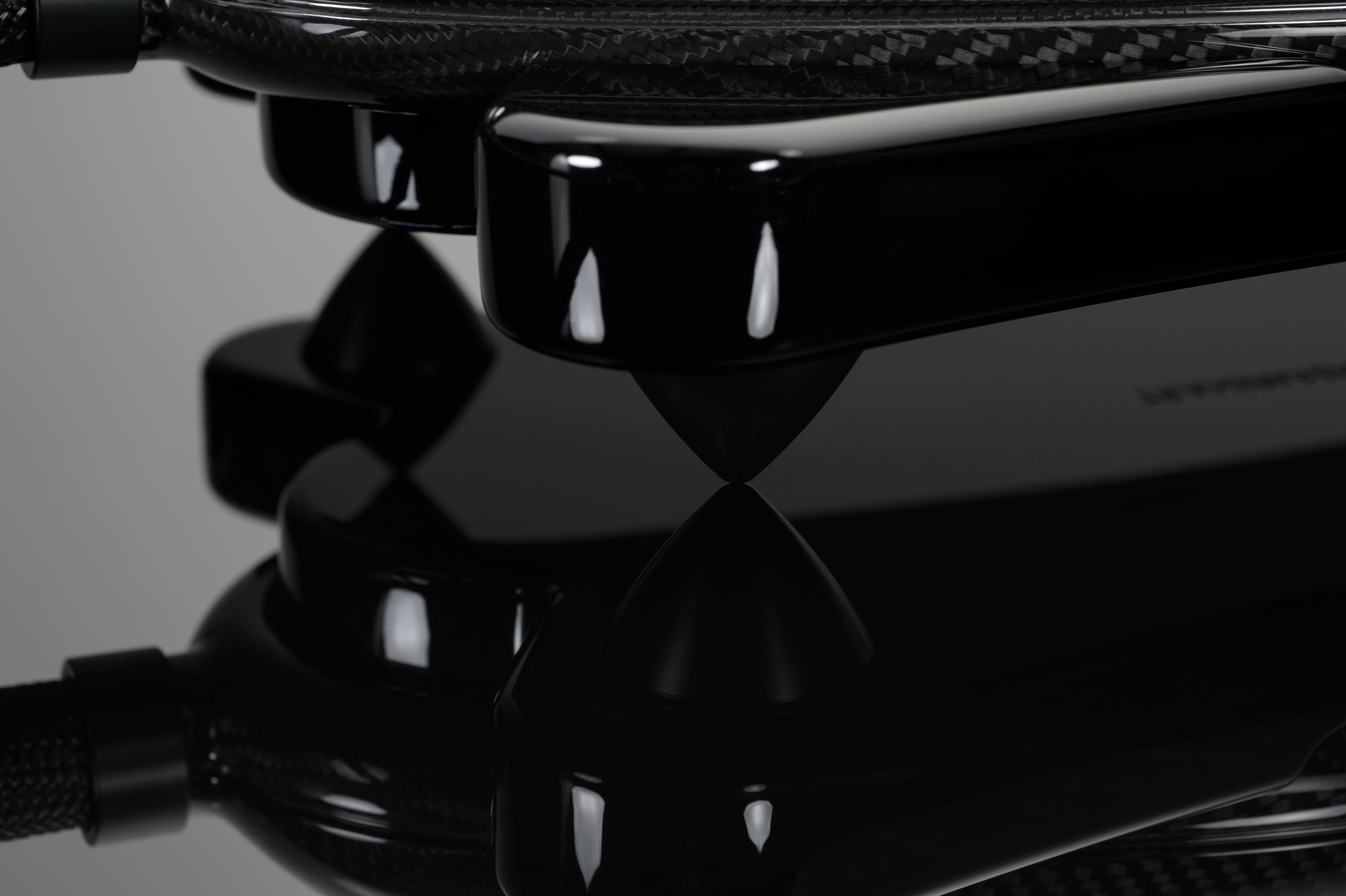

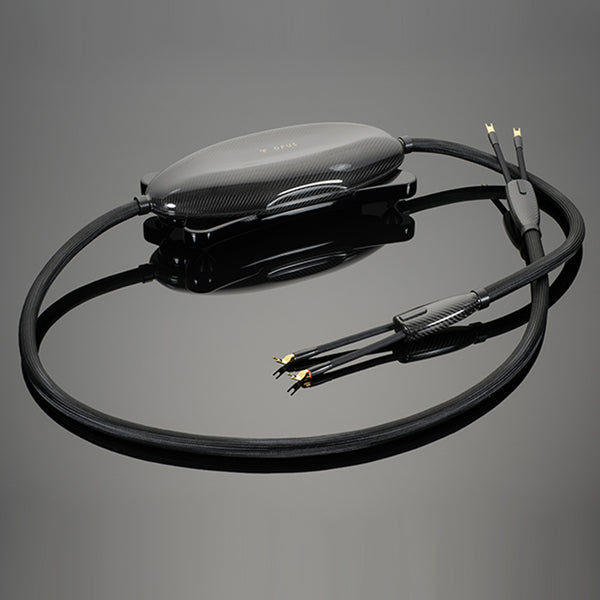
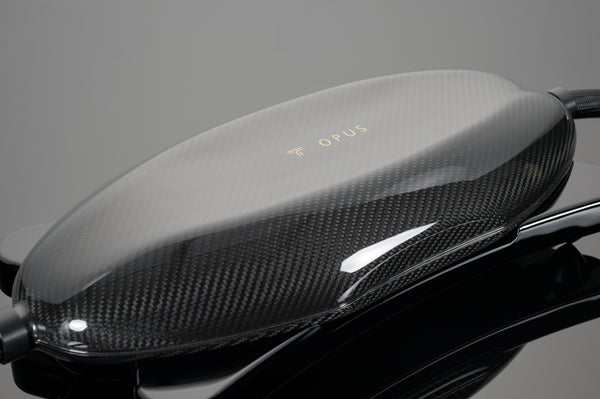
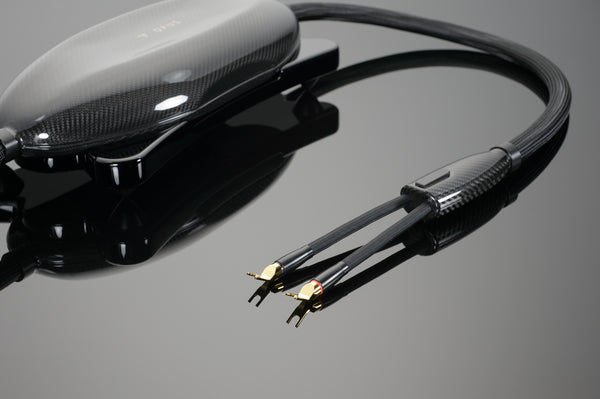
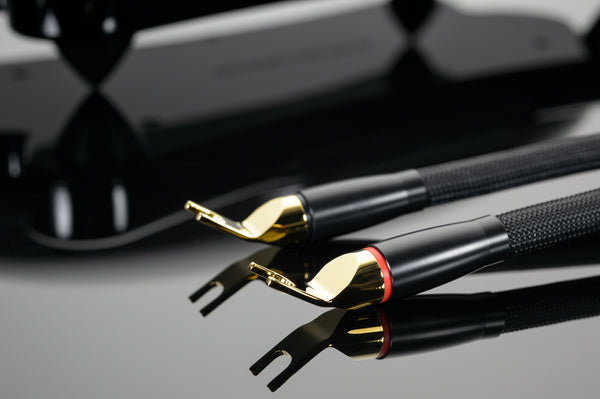
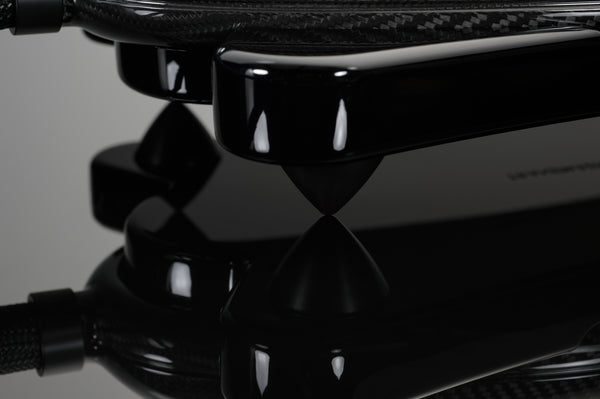

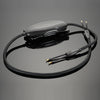





Transparent Opus Speaker Cable
OPUS Speaker Cable is a great addition to any Upgraded Connoisseur Level music or film system. It works well with other TRANSCENDENT Transparent System Companions to create a solid and refined foundation with extended control and resolution at the frequency extremes and with the ability to recreate the acoustic properties of performance spaces with a level of verisimilitude that can make you feel like you are there.
OVERVIEW
Based upon hundreds of hours of listening tests and a large database of performance characteristics of amplifiers, the first OPUS Speaker Cable design was introduced in 2000. The goal was to create a more ideal link between amplifiers and speakers — the most demanding cable design challenge. Since 2000, OPUS Speaker Cable (OSC) has undergone 3 significant technological advances and continues to influence the technology and performance of every audio cable in the Transparent line-up.
Most OPUS owners have spent years assembling and investing in their dream system in a quest to get closer to the music. OSC is the linking solution to help dream systems deliver upon their promise of thrilling “you are there” listening experiences every time you press “on” and cue up your favorite source material. If you are going to add one cable to your system, start with OSC to get a serious taste of what happens with OPUS in your system, from feeling and hearing the full power of the orchestra to every nuance of tonal shading and harmonic resolution within the original performance space.
The jewelry-quality, custom machined, highly polished gold-plated, tellurium copper spade lugs transfer power effortlessly through heavy, precision-wound OFHC stranding, but unlike most high-end audio cables that aspire to be considered the best, these features describe only the beginning of the iconic OPUS Speaker Cable story.
OSC network components are also specifically chosen and matched to suit the electrical characteristics of the cable and its length. This extra level of precision adds considerable time to the painstaking OSC manufacturing process which takes several days to complete.
Vibration and resonance control also go to new heights with OPUS Speaker Cable. The components that comprise each network are encased in electrically neutral epoxy and then surrounded by a massive carbon fiber network housing that has been contoured specifically for the purpose of reducing standing wave reflections. Carbon fiber is nonmagnetic, light, and stiff. The thinner, stronger network housing provides a large cavity for damping epoxy loading, and the non-magnetic qualities of carbon fiber allow the free and full expansion of electromagnetic fields thereby freeing your system to reveal micro dynamics and harmonic music information more accurately.
A thick carbon fiber sheet embedded in epoxy resin stiffens and damps vibrations in the custom-machined, constrained-layer damped acrylic carapace platform. Isolation feet stabilize the carapace platform and also reduce resonances and vibrational interference. Acrylic platform fasteners have a specific torque pressure and bore deeply into the epoxy-loaded carapace to further reduce the effects of resonances and vibrations.
To make sure the OPUS experience is complete, Transparent customizes every detail of the aspect and type of terminations and lengths required to attach OPUS Speaker Cable perfectly and neatly to the customer’s components and to integrate seamlessly in the listening room configuration.
OPUS Speaker Cable is upgradeable to MAGNUM OPUS Speaker Cable and is handcrafted in the USA.
LEVEL OF MUSICALITY

SPECIFICATIONS
- Standard termination: SPADE > SPADE
- Optional locking banana terminations
- Lengths: 8-feet, 10-feet, 12-feet, 15-feet, 20-feet, and 25-feet
- Specify amplifier, speakers, and system layout for optimal network calibration and cable configuration
- Custom terminations/lengths/singles always available
ORDERING INFORMATION
This product is available for purchase in-store only.
OSC must be calibrated to your specific amplifier and be crafted to fit precisely and easily with your specific amplifier, speakers, and system layout. Contact us to share the details of your system components and room layout.
Please note that your speaker cable runs can be no longer than 20 feet per channel to meet OPUS Speaker Cable design specifications.
Warranty registration not only extends the Transparent Warranty to 5 years, it provides the original owner with MOSC recalibrations at no charge in the event that an amplifier, system layout, or speaker change requires network or configuration adjustments.

